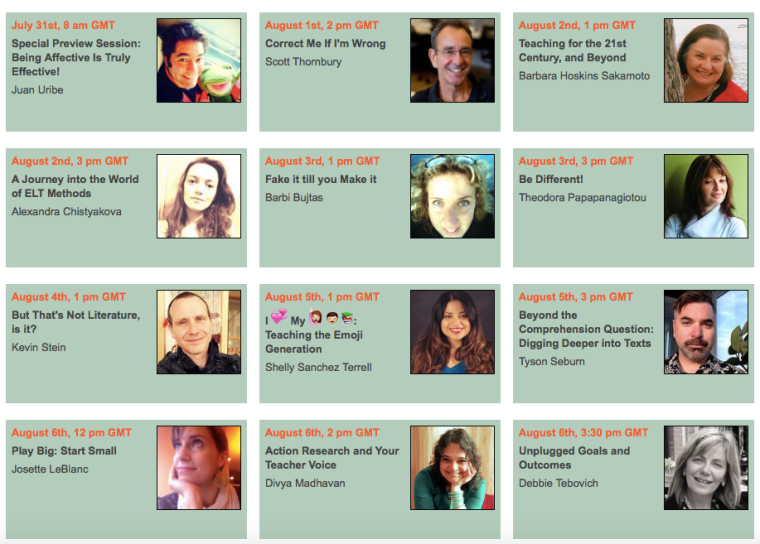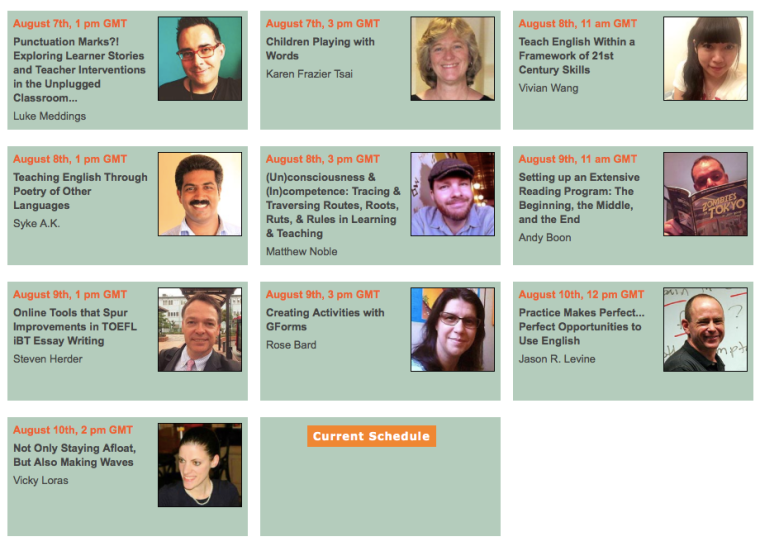My initial thought when I looked at this selfie was, “Wow. I look like a bitch. I should have smiled. I really should delete this.”
Then I wondered, “What’s wrong with not smiling?” and thought of all the posts I’d noticed in the last few years about how most societies (often instigated by the request of a man) expect women to smile in order to make them feel better (see links below for videos and articles on this topic).
This train of thought led me to recall how I’ve often wanted Byongchan to smile when I’m pretty sure he’d rather not. Maybe we’re at the dinner table after a long day of me teaching and him making in his studio. He’s quietly eating, and I look at him with a smile. He smiles back. Faintly. Then I wonder, “He seems annoyed. Did I do something wrong?”
And when I thought of this, I remembered the time when I was a teenager and my mother asked me why I rarely smiled. What teenager does, really? I was totally invoking my inner Darlene Connor.
Then that made me think of the talk, Speaking with Authenticity, where Kim Eng starts by telling a story of how as a little girl she was often told to smile because if she didn’t smile, she looked sad. This caused her to fake smile through a lot of her life.
“We take on these roles because people may have said something. Then, when I take on that role, I actually lose that authentic self of me that might be this person that just looks sad but I’m not sad. I was trying to please somebody else — make somebody else comfortable because they told me it wasn’t nice. They weren’t feeling good because I looked the way that I looked, which it appeared in their mind — in their interpretation — that I was sad. So I learned to keep smiling. (…) Wow. We just got to be ourselves.”
And that’s the point, isn’t it? There’s some notion behind this idea that we deserve to see others smile. As if we have some inherent claim to their inner lives, or that they owe us something. When I looked at my thought patterns, I noticed I wanted Byongchan to smile to make me feel more at ease. I interpreted his non-smiling face as a projection of his experience of me. If he could only smile, I would know that I was okay. If he could just smile, I would know he was happy with me.
I realized something similar about how I used to observe my students. If I didn’t see my students engaging in a certain way, I got down on myself. I’d try to control the situation to create a certain outcome. I’d fixate my energy on the student who wasn’t behaving how I wanted them to be, and if they didn’t change, I’d blame myself for not doing a better job, or I’d blame them for not trying.
In my post, 40 things I learned this year, one thing I learned was:
11. Letting people have their own experience, and relinquishing control over others or outcomes, keeps me from feeling stressed and anxious.
But it’s not only about me. It’s also about them. Sure, it’s important to let go of expectations for my own wellbeing, but what about theirs? Why shouldn’t they be allowed to experience life the way they want to?
How have you projected your expectations on to others? Would you like to change this perspective? If so, leave a comment below or send me a message. Let’s work on this together.
To receive bi-weekly updates, sign up for my mailing list HERE.




